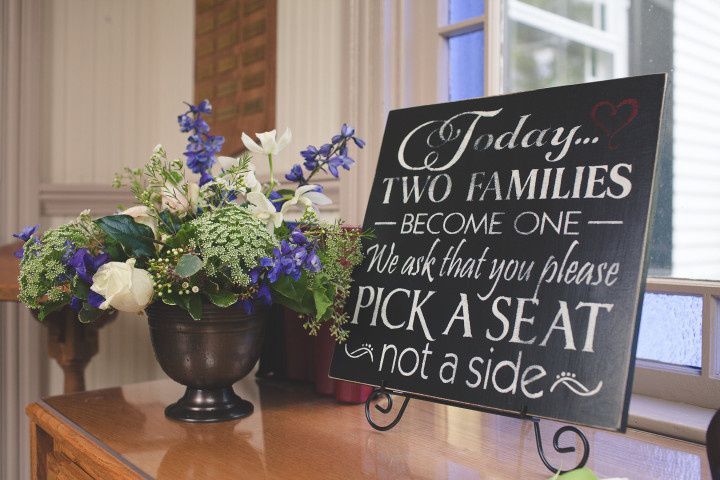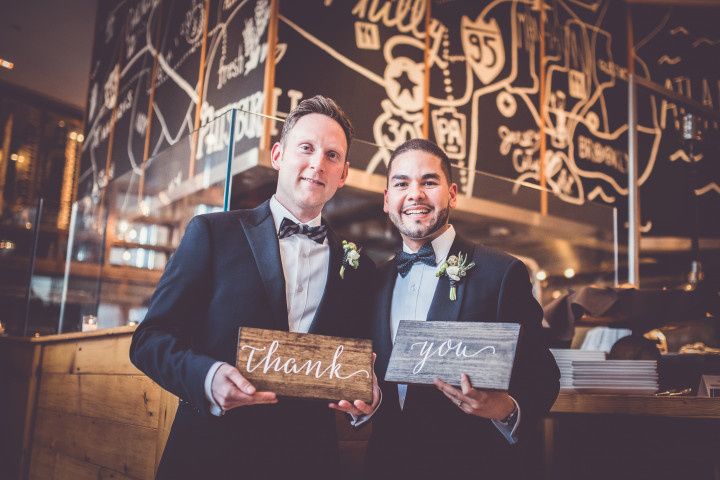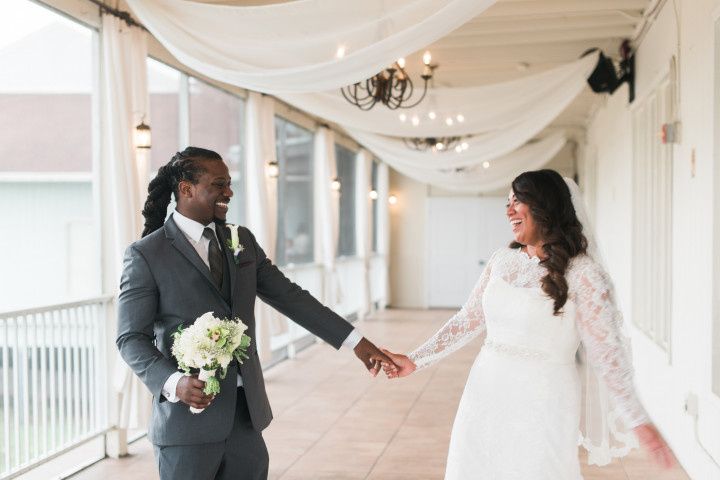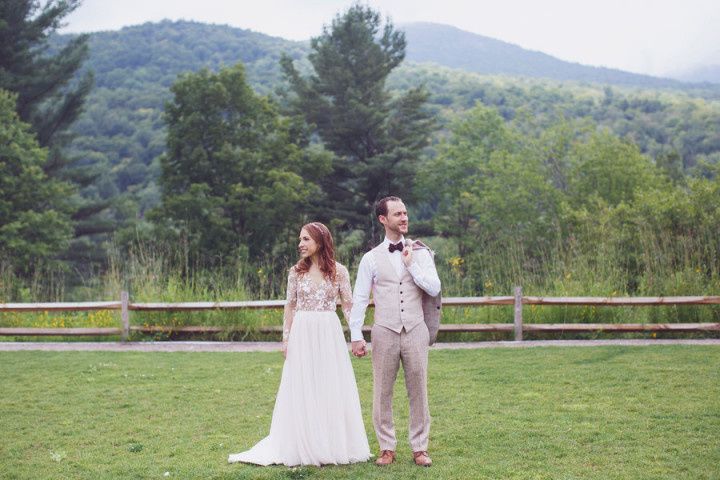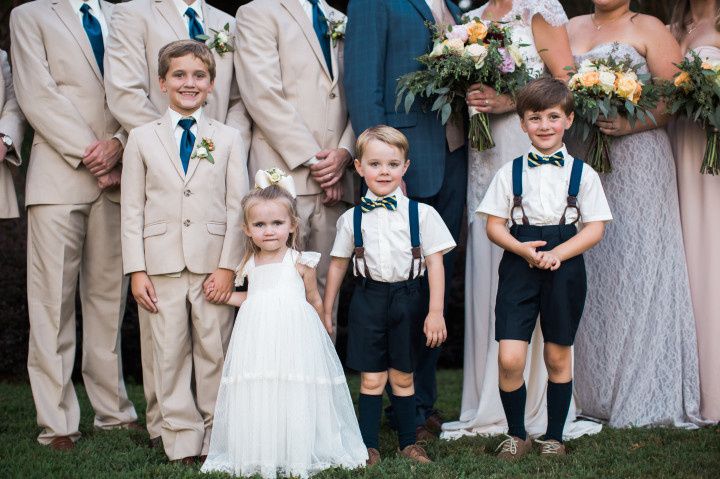What Not to Say When Meeting the In-Laws for the First Time
You only get one first impression. Here's how to ensure that meeting your in-laws for the first time goes completely smoothly—in particular, what NOT to say.


Meeting your future in-laws for the first time can be a nerve-wracking experience, to put it lightly. Even if you’re not yet engaged, you likely see a future with your partner and want to start your relationship with his or her parents off on the right foot. Of course, it’s important for you to be yourself and let your (amazing) personality shine through. However, there are certain conversation topics that we recommend avoiding, particularly at that first meeting. The focus should be on getting to know each other, so keeping the conversation upbeat is essential.
Here are some things to avoid saying when meeting your in-laws for the first time.
“When we met, I was totally wasted…”
Even if you and your partner met under some not-so-savory circumstances, there’s no need to share every gory detail when you’re meeting your future in-laws. Try to keep the “how we met” story G-rated for this initial interaction.
“Gimme the salt.”
If you’re meeting your in-laws for the first time, you’ll want to be extra polite (not annoying so, though!). “Please,” “thank you,” and “excuse me,” should be frequently-used phrases—not just to your future in-laws, but to everyone around you (if you’re meeting at a restaurant, don’t be rude to the wait staff, for example). Your future in-laws will be paying close attention to how you interact with others, so err on the side of super-polite.
“Yeah, I heard that Jon’s Aunt Jane is a total weirdo.”
Your partner may have shared some not-so-nice opinions on his/her various family members to give you some background on his/her fam in advance. While it’s a great idea to show that you’ve done your homework about your future in-laws (“I’ve heard that you’ve been in construction for 20 years. I’ve always been interested in that field!”), there’s no need to bring up any negative sentiment about their family. Even if your future mother-in-law makes a snide remark about her sister, for example, keep your mouth shut. It’s best to keep yourself far away from any family conflict or controversy.
“Your son/daughter is such a slob!”
Now’s not the time to make jokes at your partner’s expense. Even if it’s common knowledge that your future spouse has some (charmingly) negative traits, don’t bring it up in front of his/her parents. They may see these sorts of remarks as a judgment on their parenting—not ideal. Instead, praise your partner’s assets, like his hardworking nature or her loyalty to loved ones.
“He/she’s not your baby anymore!”
The in-law relationship can very quickly turn into a power struggle. It can be difficult for your future in-laws to realize that their child is actually no longer a child, and stop treating him or her as such. However, this should be an issue between your partner and his or her parents—it’s not your place to bring it up, especially at this first meeting.

Photo: Vitaly M Photography
“Hi, Mom!”
Sure, some future in-laws will immediately see you as part of the family and want you to call them “mom” or “dad.” But we recommend erring on the side of formality. Especially if you’ve never met your partner’s parents before, call them “Mr. or Mrs. (last name)” and let them correct you if they’d prefer to be called by their first names or something less formal.
“We’re spending {holiday} with my family.”
As wonderful as it can be for two families to join together when their children are married, it can be a disruption to certain family traditions and gatherings. For example, if your partner always spends Thanksgiving with his/her family but plans on joining your fam for the holiday this year, it can be a difficult pill for his/her parents to swallow. Don’t bring up these “who’s going where” debates at your first meeting with your in-laws—save them for a later date.
“Don’t worry, my parents are loaded and they’ll pay for the whole wedding.”
While money matters will likely be addressed at the beginning of your wedding-planning process, don’t bring them up when meeting your in-laws for the first time. It can be insulting to assume that your in-laws won’t want or can’t afford to contribute to your wedding, just as it’s problematic to assume they’ll pay for the whole thing. There’s no need to bring financial issues up right away, so avoid the subject.
“Come over anytime!”
You may think you’re being nice by telling your future in-laws that they’re always welcome at your place, but realize that they may take your invitation literally. Even if you adore your future in-laws, you probably don’t want them popping by your home on a daily basis. Instead, work out a specific day and time when you’ll see them again.
Anything relating to politics or religion
Potentially sensitive topics, like politics or religion, should be avoided at your first meeting with your in-laws. Even if you’re confident that you agree with your in-laws on these subjects, they can bring up heated and potentially unpleasant or awkward discussions. It’s best to keep your conversation on the lighter side.

